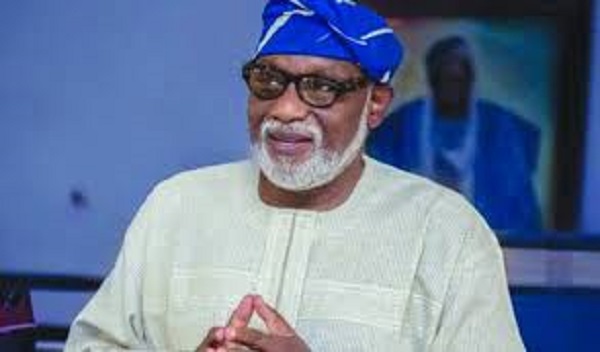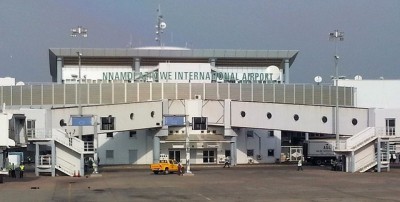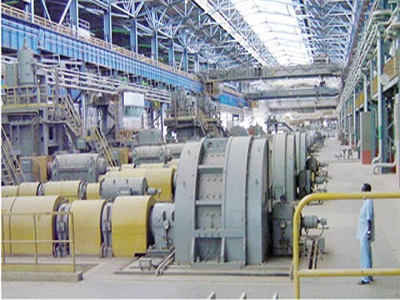New Electoral Law : Amaechi, Jamoh, Emefiele May Resign
By Kenneth Jukpor
· Legislators in race against time for amendments
· NIMASA’s N50bn floating dock: A waste of Taxpayers’ money – Ilori
The newly signed Electoral Act could snuff out the aspirations of the Minister of Transportation, Hon. Rotimi Amaechi who seeks to be the nation’s next president and the Director General of Nigerian Maritime Administration and Safety Agency (NIMASA), Dr. Bashir Jamoh’s gubernatorial plans in Kaduna State.
Political analysts have made this submission based on the Section 84 provision of new Electoral law signed by President Muhammadu Buhari on Friday, last week.
Section 84(12) of the Electoral law stipulates that, “No political appointee at any level shall be a voting delegate or be voted for at the Convention or Congress of any political party for the purpose of the nomination of candidates for any election.”
Therefore, it indicates that anyone holding a political office – ministers, commissioners, special advisers and others including heads of agencies – must relinquish the position before they can be eligible to participate in the electoral process either as a candidate or as a delegate
At a signing ceremony held at the Council Chambers, Presidential Villa, Abuja, President Buhari, told the National Assembly to immediately commence the process of amending Section 84 (12) of the law, noting that it disqualifies political office holders from voting or being voted for at conventions or congresses of any political party.
However, there are concerns that the amendment process may not be concluded before the National Convention of the All Progressives Congress (APC) and the party’s primary elections expected to hold in the third quarter of 2022.
Buhari noted the problematic section 84 had introduced qualification and disqualification criteria that ultra vires the Constitution by way of importing blanket restriction and disqualification to serving political office holders of which they are constitutionally accorded protection.
“The practical application of section 84(12) of the Electoral Bill, 2022 will, if assented to, by operation of law, subject serving political office holders to inhibitions and restrictions referred to under section 40 and 42 of the 1999 Constitution as amended. It is imperative to note that the only constitutional expectation placed on serving political office holders that qualify, by extension, as public officers within the context of the constitution is resignation, withdrawal or retirement at least 30 days before the date of the election.”
“Hence, it will be stretching things beyond the constitutional limit to import extraneous restrictions into the constitution on account of practical application of section 84(12) of the bill where political parties’ conventions and congresses were to hold earlier than 30 days to the election,” President Buhari said.
Some key provisions of the new Electoral Act signed today by President Buhari, are; Clause 29(1) which stipulates that parties must conduct primaries and submit their list of candidates at least 180 days before the general elections; Clause 65 which states that INEC can review results declared under duress.”
“Clause 3(3) stating that funds for general elections must be released at least one year before the election; Clause 51 says that the total number of accredited voters will become a factor in determining over-voting at election tribunals; Clause 54(2) makes provisions for people with disabilities and special needs.
“Clause 47 gives legislative backing for smart card readers and any other voter accreditation technology that the Independent National Electoral Commission (INEC) deploys. Clause 34 gives political parties power to conduct a primary election to replace a candidate who died during an election. Clause 50 gives INEC the legal backing for electronic transmission of election results and Clause 94 which allows for early commencement of the campaign season. By this provision, the campaign season will now start 150 days to Election Day and end 24 hours before the election.”
Meanwhile, according to the NIMASA Act, 2007 Part II section 8 (1), a Director General of NIMASA would be required to give three months notice to resign and the rule also applies for the Executive Directors at the agency.
“A non-executive board member may resign his office by giving one month written notice where the Director General and Executive Directors are required to give three months written notice,” the NIMASA Act stipulates.
While the NIMASA Act is silent about public servants contesting for political offices, the Central Bank of Nigeria (CBN) Act barred its governor or any of the deputy governors from running for any political office while still in office.
A civil society organisation, Human and Environmental Development Agenda (HEDA) made this revelation following media reports that the CBN Governor, Mr. Godwin Emefiele is planning to contest in the 2023 general election to be President of the Federal Republic of Nigeria and a group by the name: The Green Alliance recently addressed the press on the subject matter of Emefiele for President.
“By virtue of being the Governor of the apex bank in Nigeria, Mr. Godwin Emefiele is not eligible to contest for any election in Nigeria or participate in politics.By the provisions of the Central Bank of Nigeria Act, he is statutorily barred from participating in politics or engaging in any other business for that matter,” the group said.
Section 9 of the CBN Act provides thus: “The Governor and the Deputy Governors shall devote the whole of their time to the service of the Bank and while holding office shall not engage in any full or part time employment or vocation whether remunerated or not except such personal or charitable causes as may be determined by the Board and which do not conflict with or detract from their full time duties.”
In another development, the second Vice President of the Association of Marine Engineers and Surveyors (AMES), Engr. Emmanuel Ilori has called on NIMASA to expeditiously get its N50billion floating dock operational.
The maritime expert made this plea during an exclusive chat with MMS Plus newspaper, even as he described the investment in the floating dock facility as a waste of taxpayer’s money.
His words: “It’s unfortunate that this facility has continued to be idle but that’s where we are at the moment. Until NIMASA is able to do something about it, we can only complain and hope. We would like to see this asset gainfully deployed because we know that it is something that we can use. Now that it has been brought into Nigerian waters, if it is not being used we can’t cry more than the bereaved. This facility would have also helped to save Nigeria some forex pressure as ship owners wouldn’t have to take their vessels abroad.”
“NIMASA bought the facility and it’s the agency’s decision to utilize the asset or not. Our major concern is that the agency is a government establishment and the money used to acquire the asset is taxpayers’ money. However, that’s the sad story of Nigeria.”







